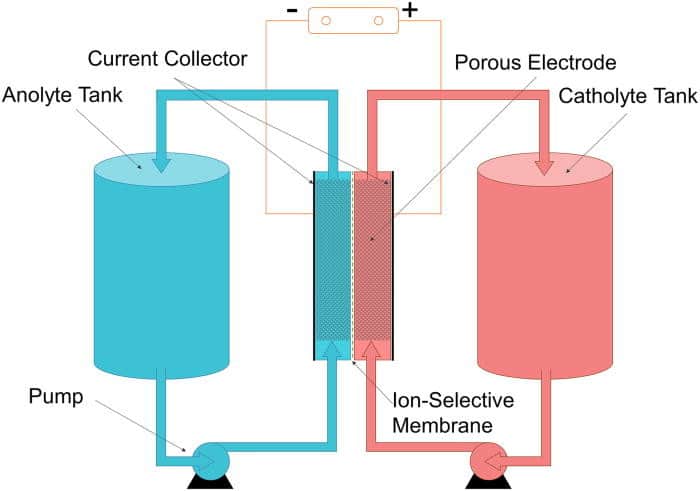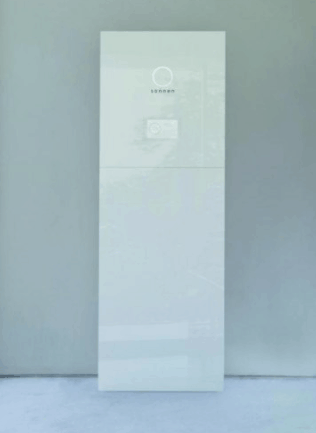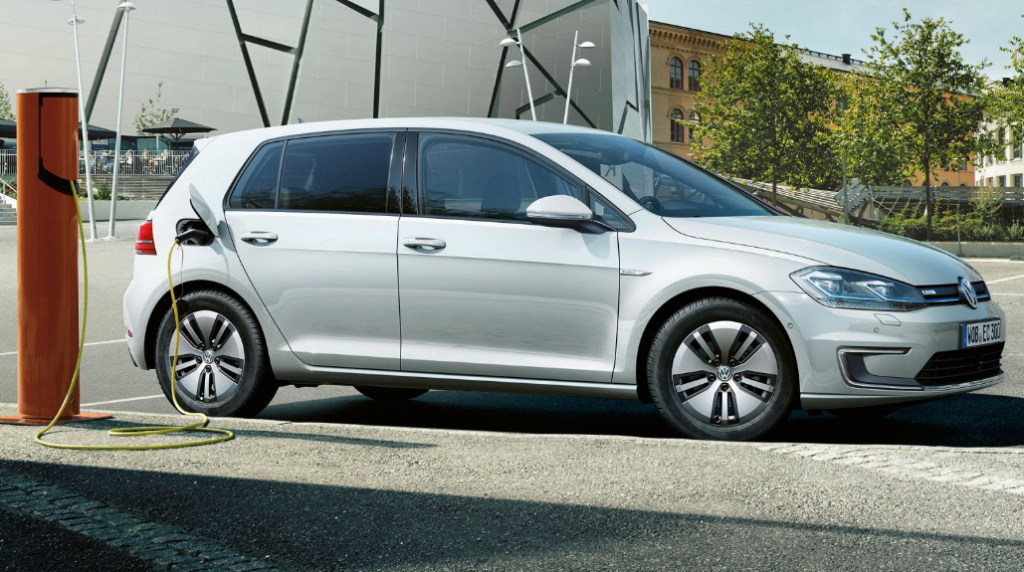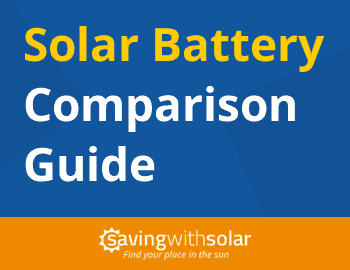Queensland-based Vecco Group will spend up to $25 million building Australia’s first vanadium battery plant in Brisbane.
Vecco Group and Australia’s first vanadium battery plant
According to InQueensland, Vecco Group have come to an agreement with China’s Shanghai Electric – one of the largest electrical equipment manufacturing companies in China – for an initial purchase of vanadium electrolytes (Confused about flow batteries? Click here to learn how a Vanadium Redox Battery works)
Thomas Northcott, Managing Director of Vecco Group said, “this is a significant step forward for Vecco in securing an integrated supply chain from our Debella Vanadium + HPA Project through to battery production.”
“We are excited to be capturing the first mover advantage in Australia and south east Asia for what is a rapidly growing market for large scale renewable energy storage.” Northcott continued in a press release from Vecco Group.
“Demand is currently strong and there is significant future demand supplying large long duration vanadium batteries to support green hydrogen projects around Australia.”
Vecco is also carrying out a pre-IPO to raise $5 million and is aiming at a full IPO next year.
As we continue with advancements in solar battery technology, it’s fantastic to see alternative options to lithium-ion – the flow batteries such as Redflow are awfully heavy but they have a great use case if the technology can continue improving at this rate. With that said, vanadium batteries have been proposed as early as the 1930’s and have been in production since the 1980’s, so they probably have some ground to make up.

The vanadium industry
The vanadium industry has progressed significantly in 2021 with multiple announcements, including one from from mining billionaire Robert Friedland’s company VRB Energy. VRB announced a 500MWh vanadium flow battery in March. Gigafactory in China and Sir Mick Davis, the ex-CEO of Xstrata are also invested in Kazakhstan based vanadium company Ferro-Alloy Resources.
Vanadium flow batteries last for 25 years, suffer no capacity degradation and a low environmental footprint, as the electrolyte is almost 100% recyclable.
Other companies working in the space include UniEnergy Technologies, StorEn Technologies, and Ashlawn Energy in the United States; Renewable Energy Dynamics Technology and VoltStorage in Europe; Prudent Energy in China;Australian Vanadium in Australia.




